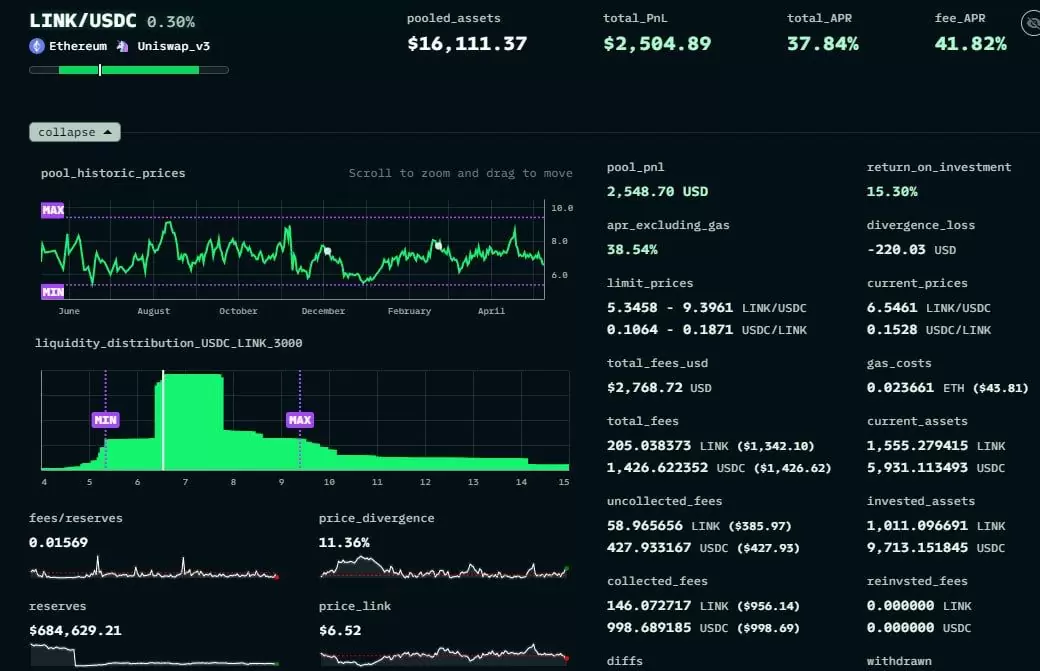
Hundreds of years of financial markets, as we see them, have created absolute inequality among the participants. The major capitalists, the owners of the trading floors, have ensured that they profit regardless of the market’s direction, be it falling or rising. Their only task is to encourage people to trade as frequently as possible, disregarding the small commissions they pay for using exchange functions. So what if it’s 0.3%!
What does it mean compared to potential winnings?
The key word here is “potential.”
When making a transaction, the buyer and the seller pursue opposing interests. However, one thing remains constant—you can’t win every time. More precisely, everyone who trades and bets on growth or decline can’t win. And if we look at statistics, the percentage of those who manage to beat the market in the long run is minimal.
Take $100, place it on the table in front of you, and do nothing with it! Congratulations! You’re better than 95% of traders. You can create courses titled, “How to Beat 95% of Traders in the Market.”
But why do people tolerate such injustice?
Why do they agree to play a game where they are initially placed in a losing position?
Why don’t they address the root of the problem?
Why don’t they capitalize on the same opportunities that the primary beneficiaries—the stock exchanges, the brokers, the bankers—capitalize on?
You might say it’s impossible. You need capital, you need to invest in development, you need licenses, and a big team. Exchanges are big business!
Yes, it has been that way for hundreds of years, but DeFi has changed everything.
DeFi, or decentralized finance, has shattered two established patterns at once. First, DeFi allows users to buy and sell assets without intermediaries, without transferring them to third parties, without using exchange accounts or brokers. Second, DeFi has opened up the possibility for anyone, with any amount of capital, without investing in development, to profit from the same model that exchanges profit from.
“But why then do so few people know about DeFi?” you ask.
The answer is simple. Firstly, most people find it much easier to understand the idea that you can make money by buying one asset cheaper and selling it at a higher price. Secondly, nobody wants to get rich slowly. After all, what’s a 30-40% annual return in DeFi when you can buy Shitcoins based on signals from Telegram channels and wait for the big returns? But the paradox is that by chasing super returns through speculation, you won’t make money, and you’ll most likely lose capital. Striving for slow, systematic earnings with moderate profitability will eventually activate mechanisms that multiply your capital, even though you initially didn’t anticipate it.
 In the following articles, we’ll provide specific case studies and examples of how to profit from DeFi.
In the following articles, we’ll provide specific case studies and examples of how to profit from DeFi.
Join our Rewolt community now!
Telegram: https://t.me/ReWolt_Community
Facebook: https://www.facebook.com/rewolt/
Linkedin: https://www.linkedin.com/company/ventures-studio-rewolt/



